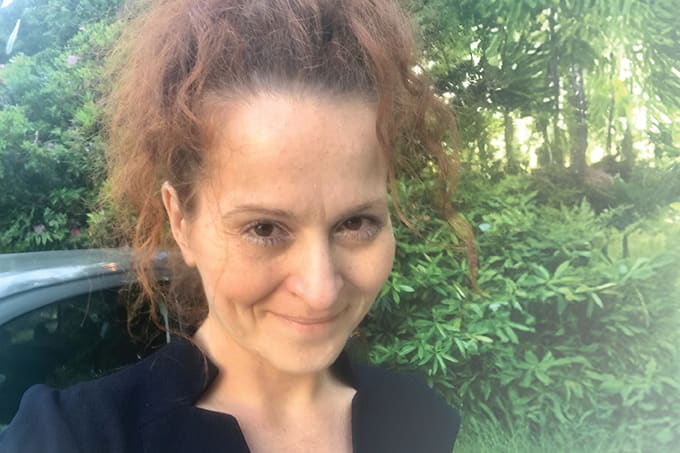Amyloidosis is a rare, devastating and potentially deadly condition caused by the buildup of abnormal proteins in tissues and organs. More than 28 subtypes have been identified, each caused by one of a number of possible proteins. And finding appropriate treatment depends very much on correctly identifying the culprit. Moreover, treating the wrong type of amyloidosis can make things worse instead of better – so accurate identification is crucial.

Now, a multidisciplinary team from the University of Queensland and the Princess Alexandra Hospital Amyloidosis Centre, Australia, have implemented a cutting-edge technique recently reported by the Mayo Clinic in an attempt to more accurately detect these amyloidosis-causing proteins (1). The combination of laser-capture microdissection (LCM) and liquid chromatography-tandem mass spectrometry (LC-MS/MS) offers an alternative to the traditional method of using antibodies, which is not successful in most cases, according to Michelle Hill, Associate Professor from the University of Queensland Diamantina Institute. In fact, the new method proved to be significantly more effective in identifying the causal proteins, with a success rate of 92 percent, compared with 45 percent when using amyloid typing by immunohistochemistry. With these superior results, Hill says, the LC-MS/MS test is set to become the new gold standard for amyloidosis subtyping. “Being able to accurately diagnose the subtype, and hence administer the correct treatment in a timely manner, will greatly improve the health and emotional outcome of patients.” Hill, whose team runs tests at various stages of research and development (mainly for diagnosis or prognosis of cancers) expects the current work to have a positive impact on the day-to-day work of hematology and pathology professionals. However, she acknowledges that, because of equipment costs and the complex nature of the procedure, further development is needed to improve access for patients. “The level of expertise required for this analytical technique means that widespread establishment of an LC-MS/MS test may not yet be feasible, and a referral system to a specialist diagnostic center may be required,” Hill says. “Currently, my team is looking at simplifying the test, which should also reduce the cost. Imaging mass spectrometry has recently been reported for localized detection of amyloid peptides in situ, and this is certainly something worth evaluating further.”
References
- P Mollee et al, “Implementation and evaluation of amyloidosis subtyping by laser-capture microdissection and tandem mass spectrometry”, Clin Proteom, [Epub ahead of print] (2016).




